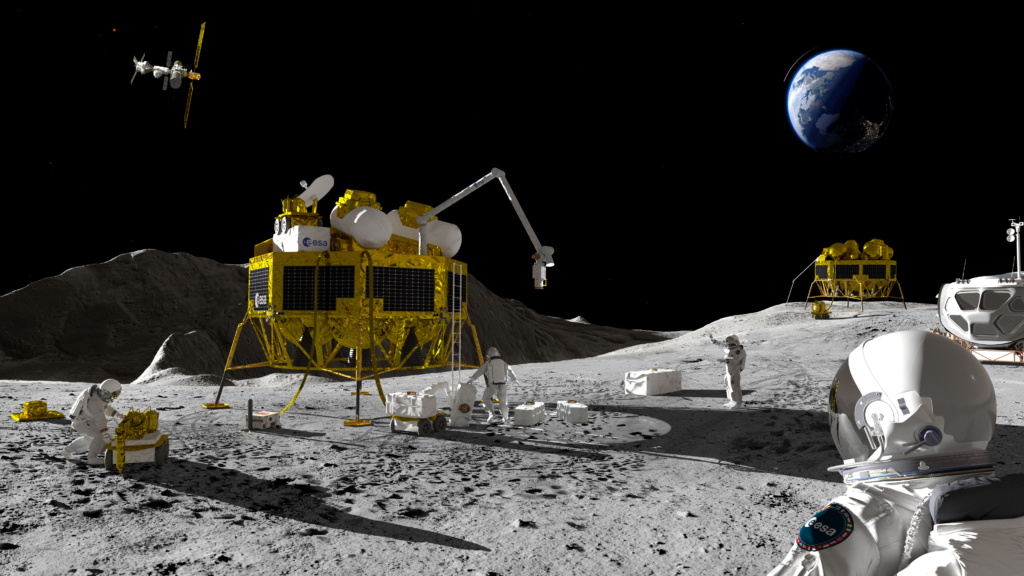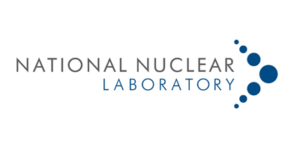Wednesday 1 March 2023
New contract from the European Space Agency to accelerate work on Americium-241
NNL has been awarded a major new contract from the European Space Agency (ESA) to accelerate our work on the development of radioisotope power systems (RPS) or ‘space batteries’ powered by Americium-241. This technology is a critical enabler for space exploration in locations where there is insufficient solar heat and power available including the outer solar system, during the two-week long lunar night and night time on Mars.
The ESA Council of Ministers meeting, in November 2022, announced the intention to develop Argonaut, a series of large robotic lunar landers which could support both human surface expedition activities and scientific research studies. Argonaut would benefit from Americium space batteries to enable extended operation on the lunar surface.
The contract builds on the work that NNL has delivered for ESA over the last 10 years to develop a process to provide the required Americium-241 fuel for RPS and is currently developing the pelleting and encapsulation capability for the fuel. The investment from the ESA forms part of a wider programme in NNL, with further funding from the UK Space Agency to provide a larger scale Americium separation capability in our world-leading Central Laboratory on the Sellafield site.

NNL’s research partners at the University of Leicester are developing a range of RPS units, leading to the future provision of prototype and ‘first flight’ units ready for ESA missions.
Prof Tim Tinsley, NNL’s Account Director for Space & Radioisotopes, Health & Nuclear Medicine, commented:
“With lunar night temperatures dropping as low as -170C, Argonaut will need warmth and power to keep alive. Our team have shown that we can successfully separate out americium-241. Now is the time to do this at scale – with the investment in our laboratories; and at speed with this funding from the ESA.”
Christophe Fongarland of the European Space Agency added:
“Radioisotope power sources are needed for missions that cannot rely on solar energy generation. ESA’s forthcoming lunar exploration missions have unique science return. Argonaut can use Amercium-241 to survive and operate over multiple lunar days and nights, supporting human operations on the moon.”

